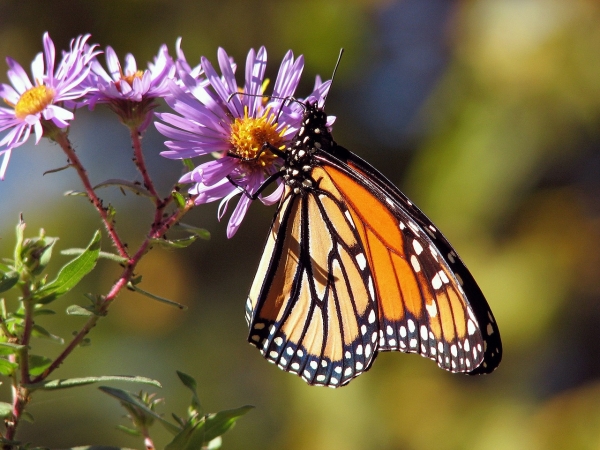A new study shows that UK solar parks, if managed correctly, can provide vital resources to help stem the decline in the nation’s bees and butterflies.
articles
Study Finds Home Heating Fuel is Direct Source of Sulfate in Fairbanks winter Air
Use of residential heating fuel is the main contributor of primary sulfate pollution in Fairbanks’ wintertime air, according to research conducted during an international science program in the community in 2022.
Rain Comes to the Arctic, With a Cascade of Troubling Changes
In August of 2021, rain fell atop the 10,551-foot summit of the Greenland ice cap, triggering an epic meltdown and a more-than-2,000-foot retreat of the snowline.
New Carbon Flux Towers Support Falkland Islands’ Progress to Net Zero
The UK Centre for Ecology & Hydrology (UKCEH) is installing flux towers in the Falkland Islands, which will guide restoration of its large areas of peatlands to reduce its carbon footprint and support wildlife and tourism.
Study Shows UK Offshores Emissions Through Used Vehicle Exports
Published in Nature Climate Change, the study found that exported used vehicles generate at least 13-53% more emissions per mile than those that are scrapped or on the road in Great Britain.
Potassium Depletion in Soil Threatens Global Crop Yields
Potassium deficiency in agricultural soils is a largely unrecognised but potentially significant threat to global food security if not addressed, say researchers.









